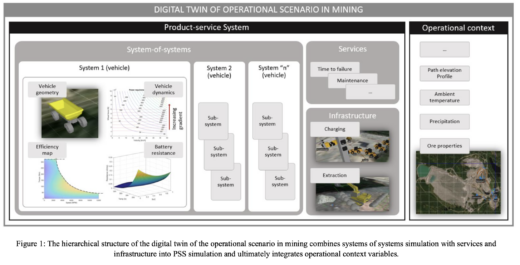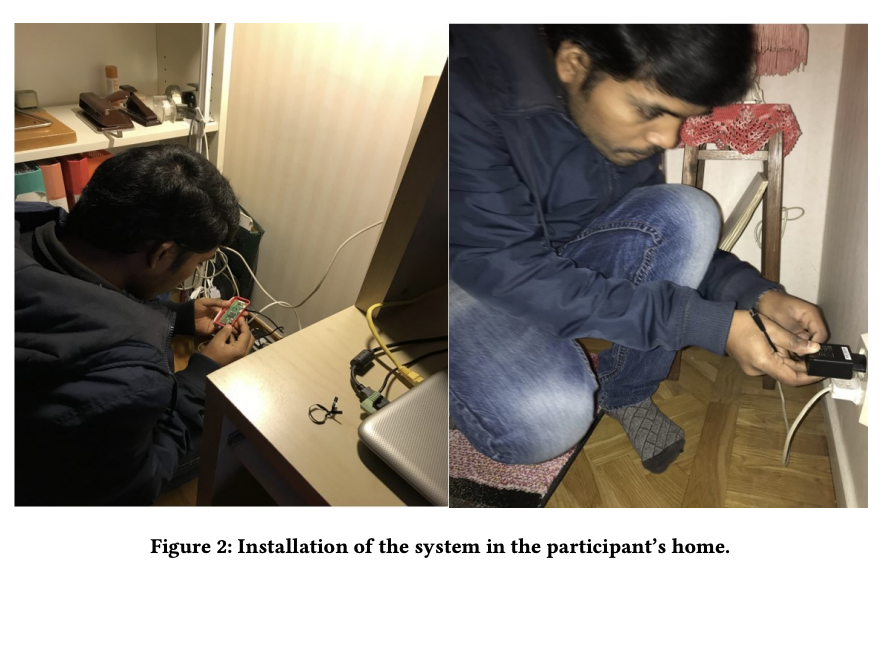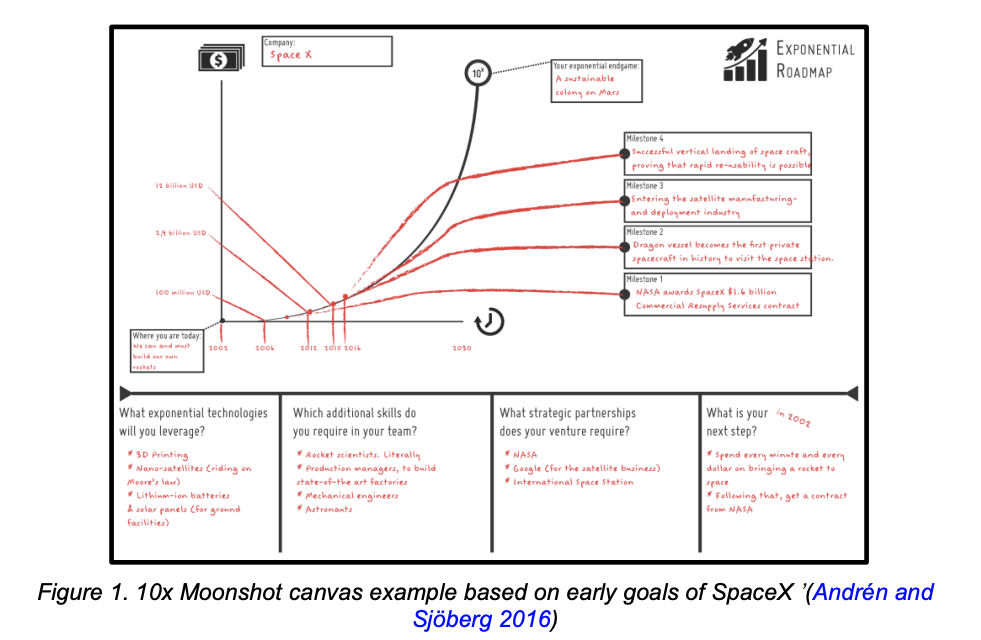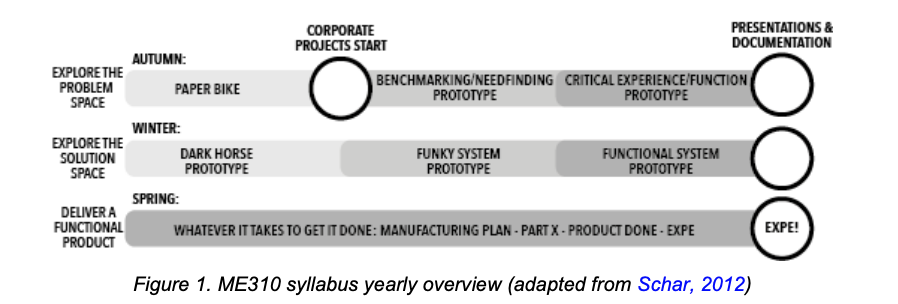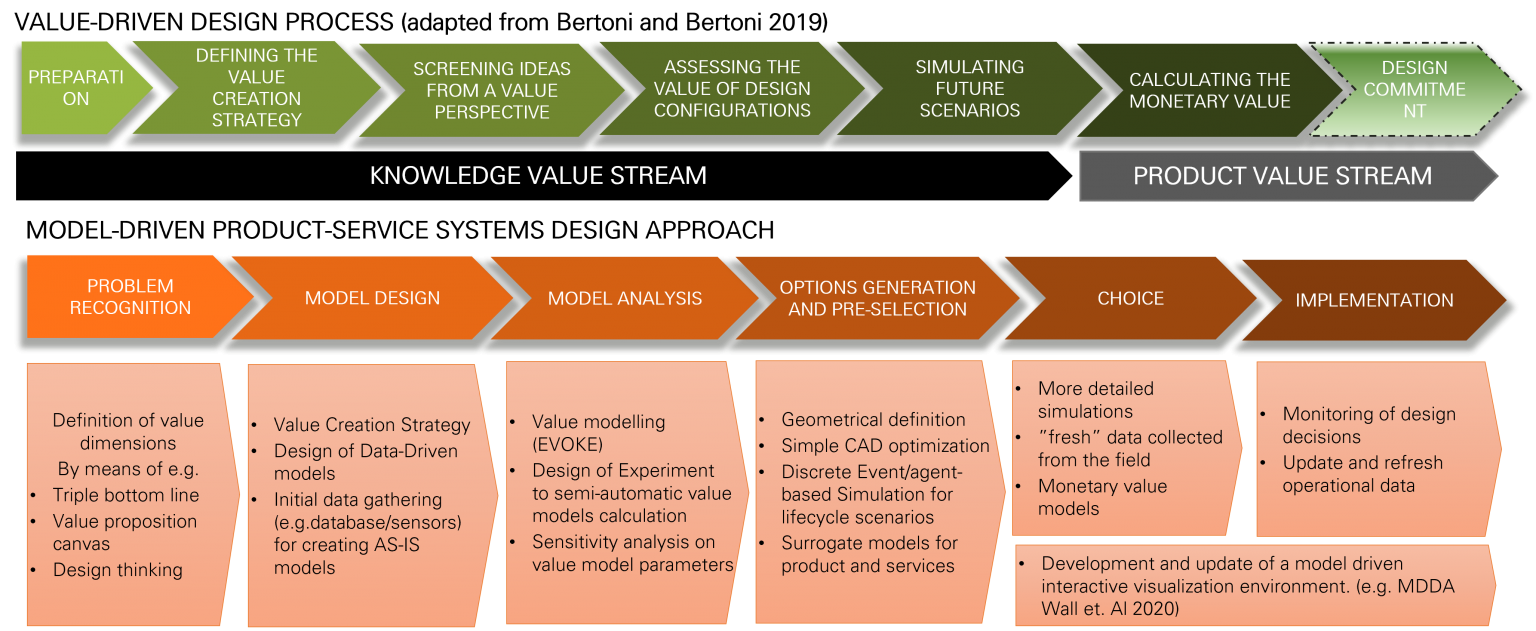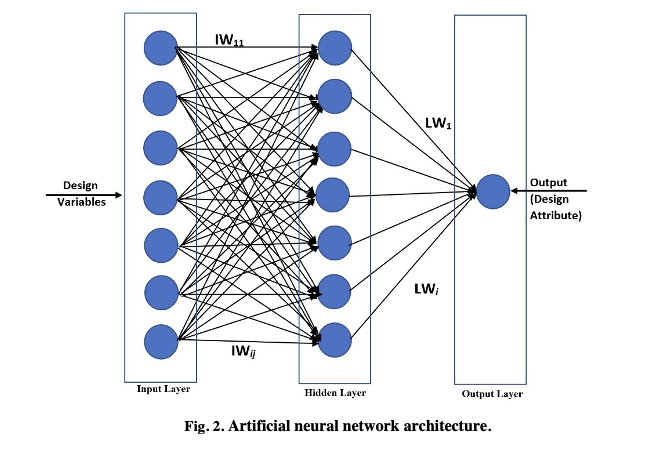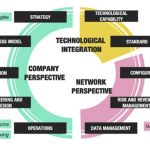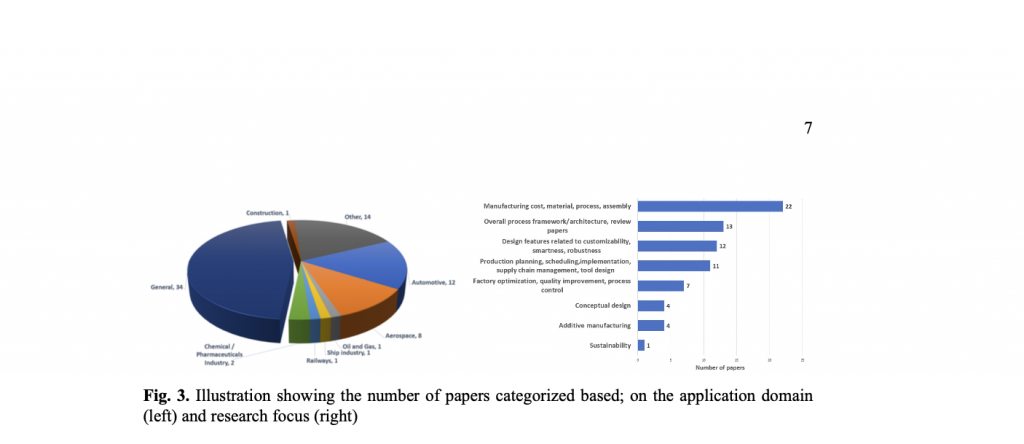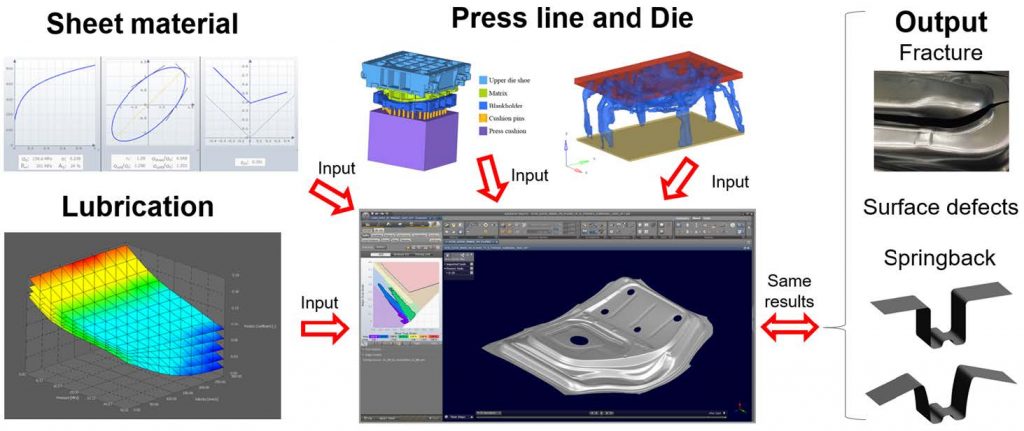Digital Twins of Operational Scenarios in Mining for Design of Customized Product-Service Systems Solutions
Abstract The paper presents an approach, based on the development of digital twins, to support the transition toward electromobility and autonomy in the mining industry, by supporting the design space exploration of future operational scenarios based on different construction equipment and mining site configurations. With such an intent, the paper...
